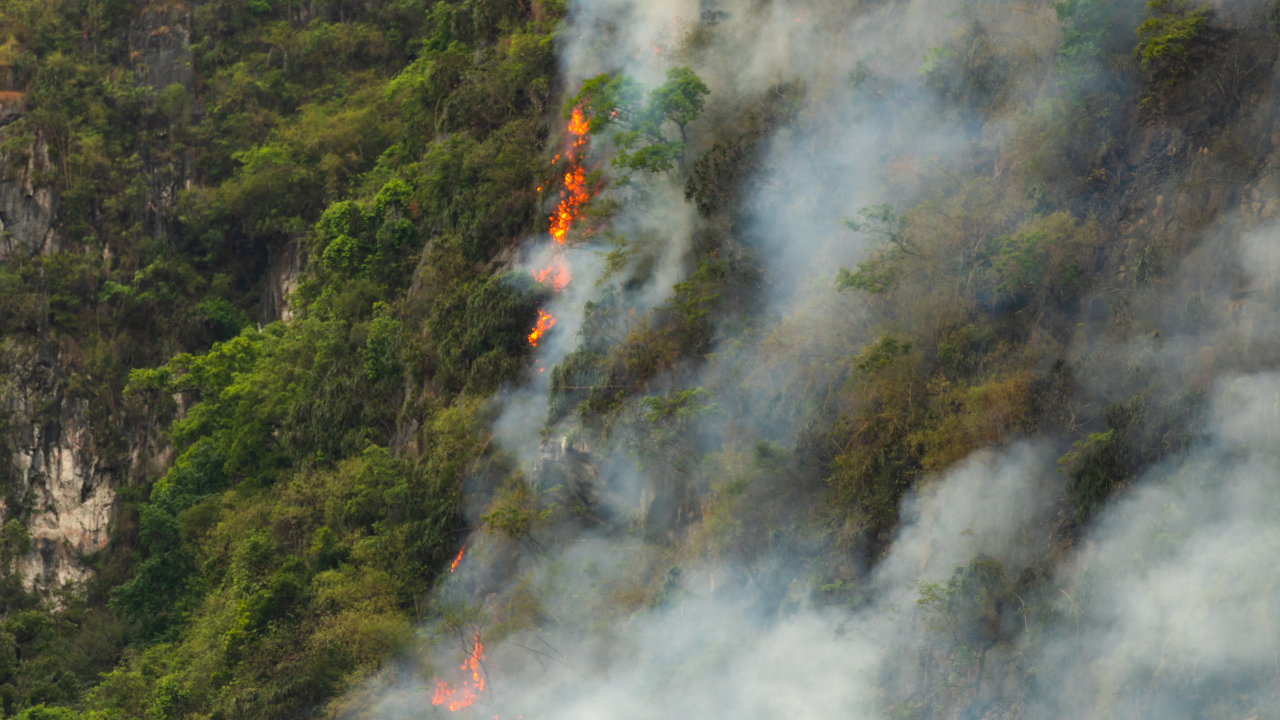New Toolkit Underway To Strengthen Capacities for Climate Action in World Heritage Sites

The UNESCO World Heritage Centre and the three Advisory Bodies – ICCROM, ICOMOS and IUCN –are developing their first joint toolkit on climate action for World Heritage. Coordinated through the World Heritage Leadership programme, and with the initial support from the Australian Government, the toolkit will support States Parties and site managers to integrate climate change action in the management strategies of World Heritage sites.
Managing the risks of climate change on World Heritage conservation is a rising concern. In the last decade, climate change has become the fastest growing global threat to World Heritage properties, with one third of natural World Heritage properties and one in six cultural properties already experiencing climate impacts.
The Australian Government has committed 510,000 AUD (about 315,000 EUR) to support the pilot phase of the project. Over the course of 15 months, a research team will first take stock of existing tools and guidance, after which a series of consultation workshops will be organised. The aim of the pilot phase is to develop a Climate Action Toolkit for World Heritage which can be tested in a diversity of cultural, natural and mixed World Heritage sites.
The new toolkit will be published under the series of Resource Manuals on World Heritage, with a strong focus on strengthening capacity of management authorities having to deal with climate change and disaster risk at the site level. The toolkit will cover case studies and key areas of intervention, including adaptation plans, but also provide examples of solutions that World Heritage sites may provide to help tackle climate change, including through local and indigenous knowledge as well as ecosystem functions and services.
UNESCO and its project partners invite interested actors and World Heritage sites to share their experiences and case studies in integrating climate change into management of World Heritage at whl@iccrom.org.